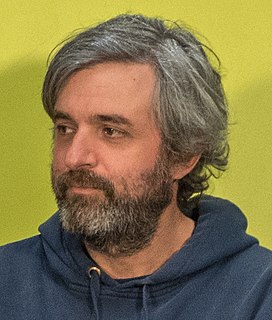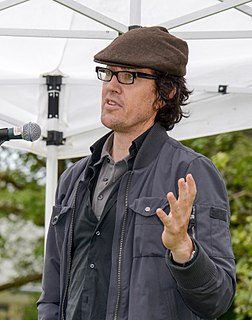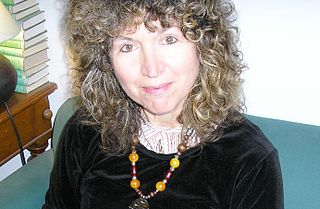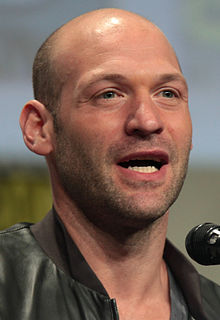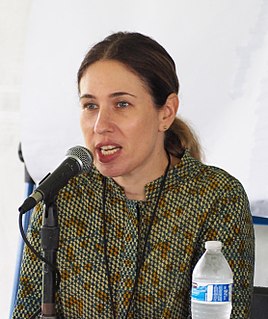A Quote by Steve Buscemi
I'm terrible at story and structure, but I'm not so bad at writing dialogue.
Related Quotes
I've been making films with almost no dialogue (laughs), so sound and music become a very powerful character to tell the story. It's almost like with sound and music and images, it's your tool to tell the story, especially when I decide to structure the film in a way that usually goes against the conventions of the three-act structure which most films are made out of.
It's writing songs within the structure of telling a story, so it becomes a platform for diverse songwriting, for a writing process that's broader than just figuring out a song. You're also dealing with always pushing the story forward, with casting the voices, with the orchestration, with the arrangements.
In playwriting, you've got to be able to write dialogue. And if you write enough of it and let it flow enough, you'll probably come across something that will give you a key as to structure. I think the process of writing a play is working back and forth between the moment and the whole. The moment and the whole, the fluidity of the dialogue and the necessity of a strict construction. Letting one predominate for a while and coming back and fixing it so that eventually what you do, like a pastry chef, is frost your mistakes, if you can.
I recognize this in my writing process. A consistent writing structure opens the door to amazing insights. I recognize the truth of this in my daily habits. When I set my keys in the place I, with practice, always set my keys... I do not lose them. In many instances an ordered external structure can be an invitation for an extraordinarily unfettered, creative and unbounded inner structure.










